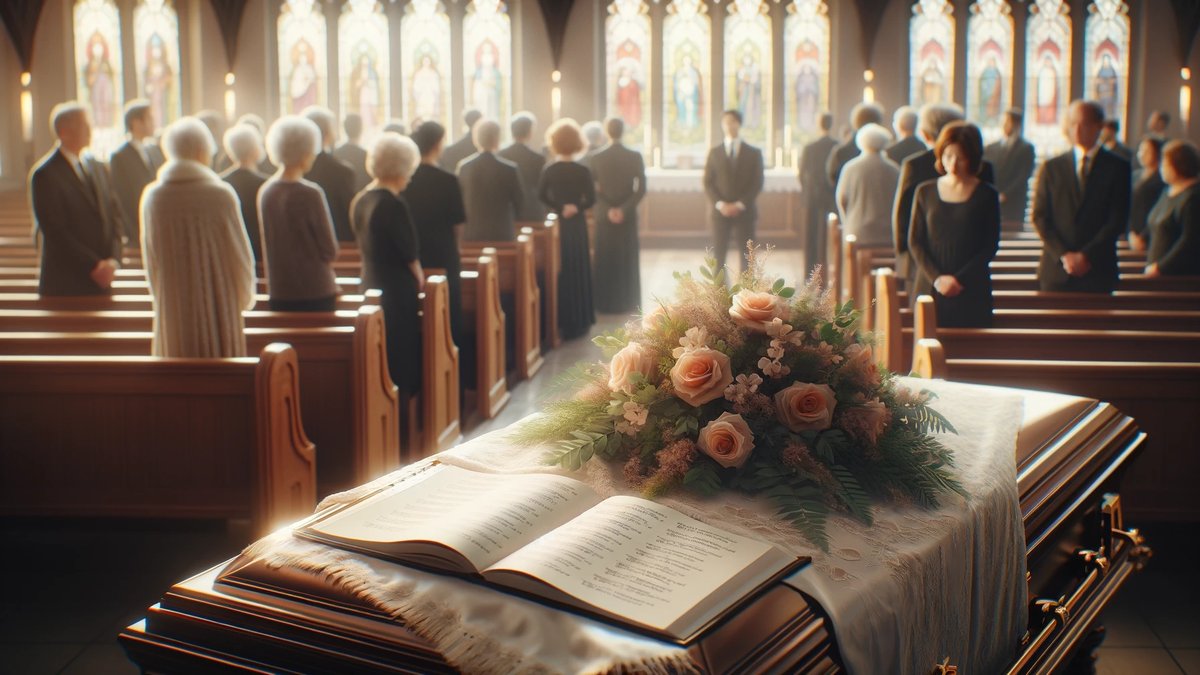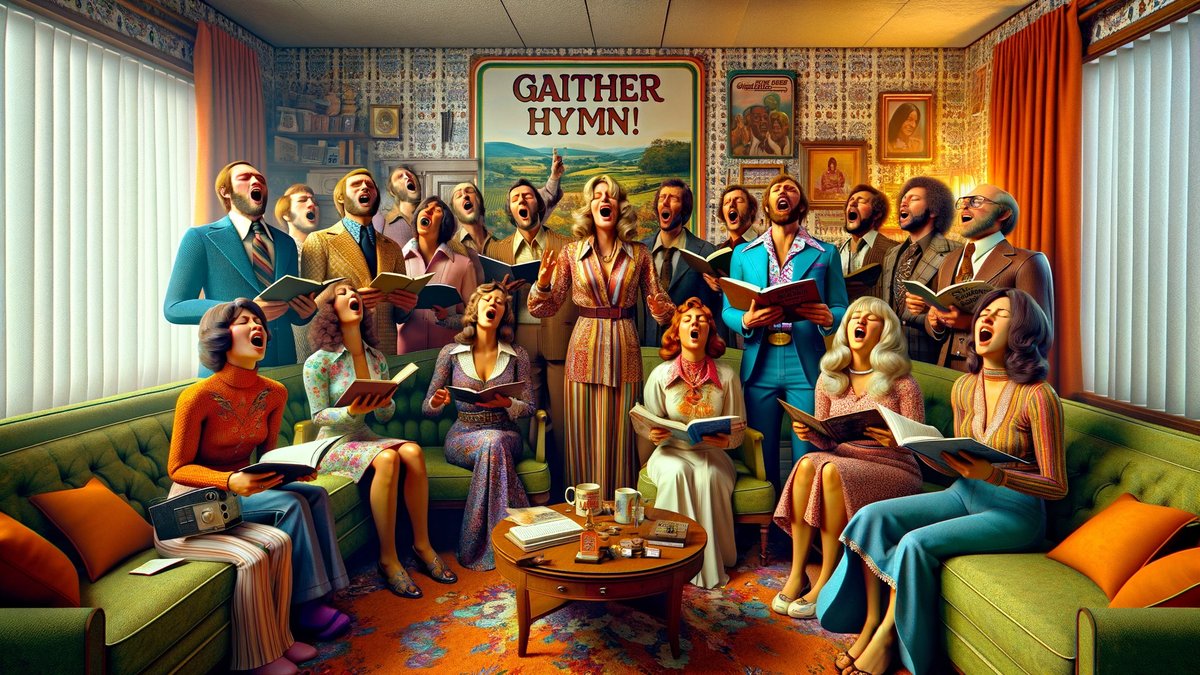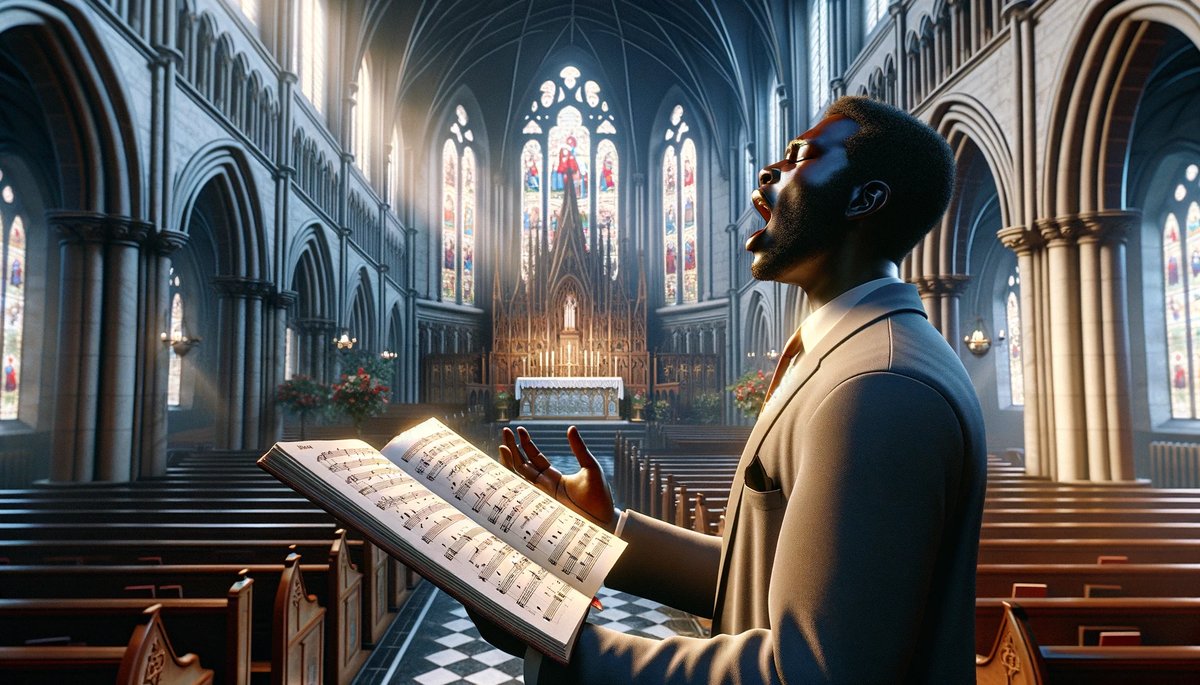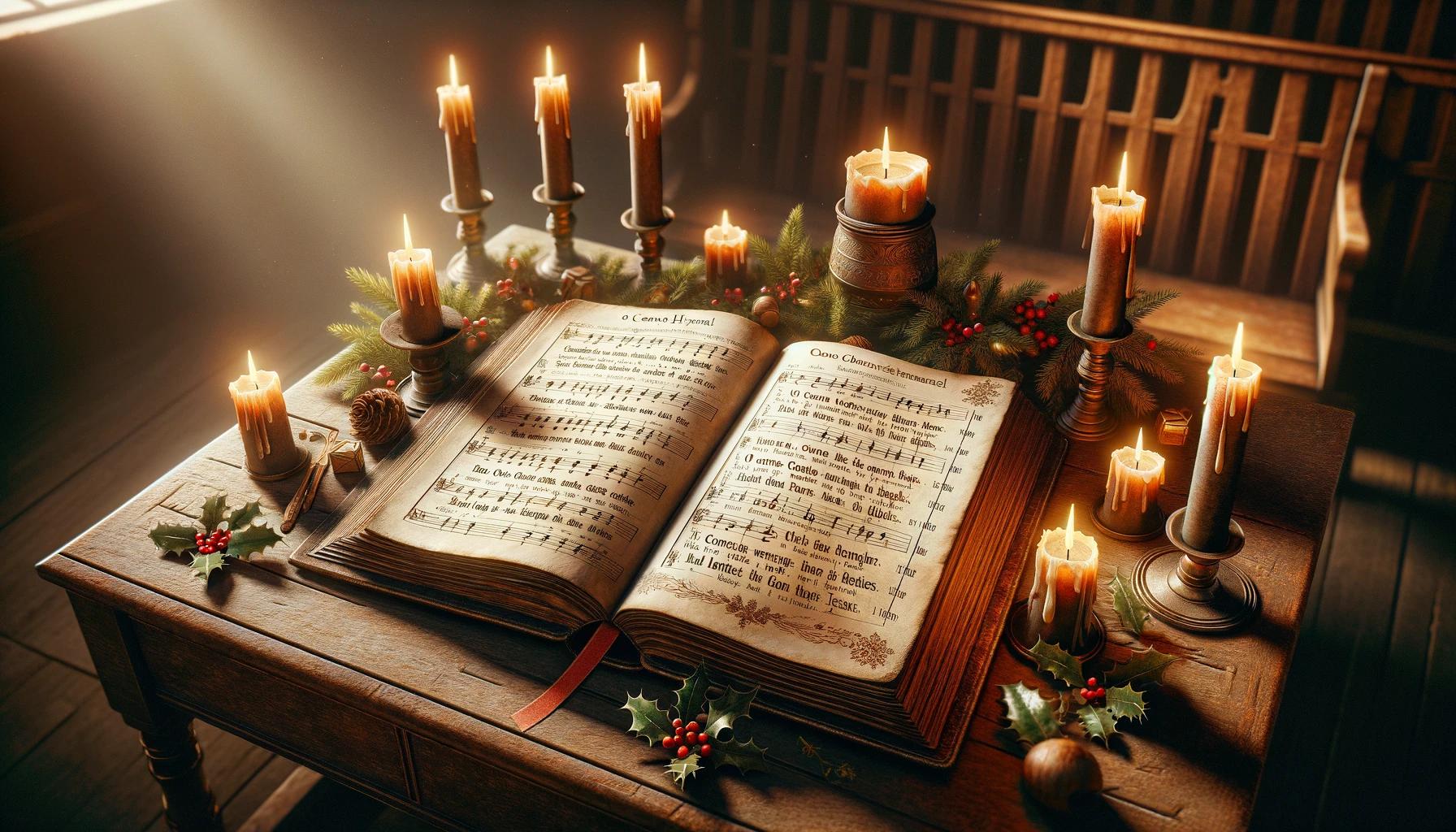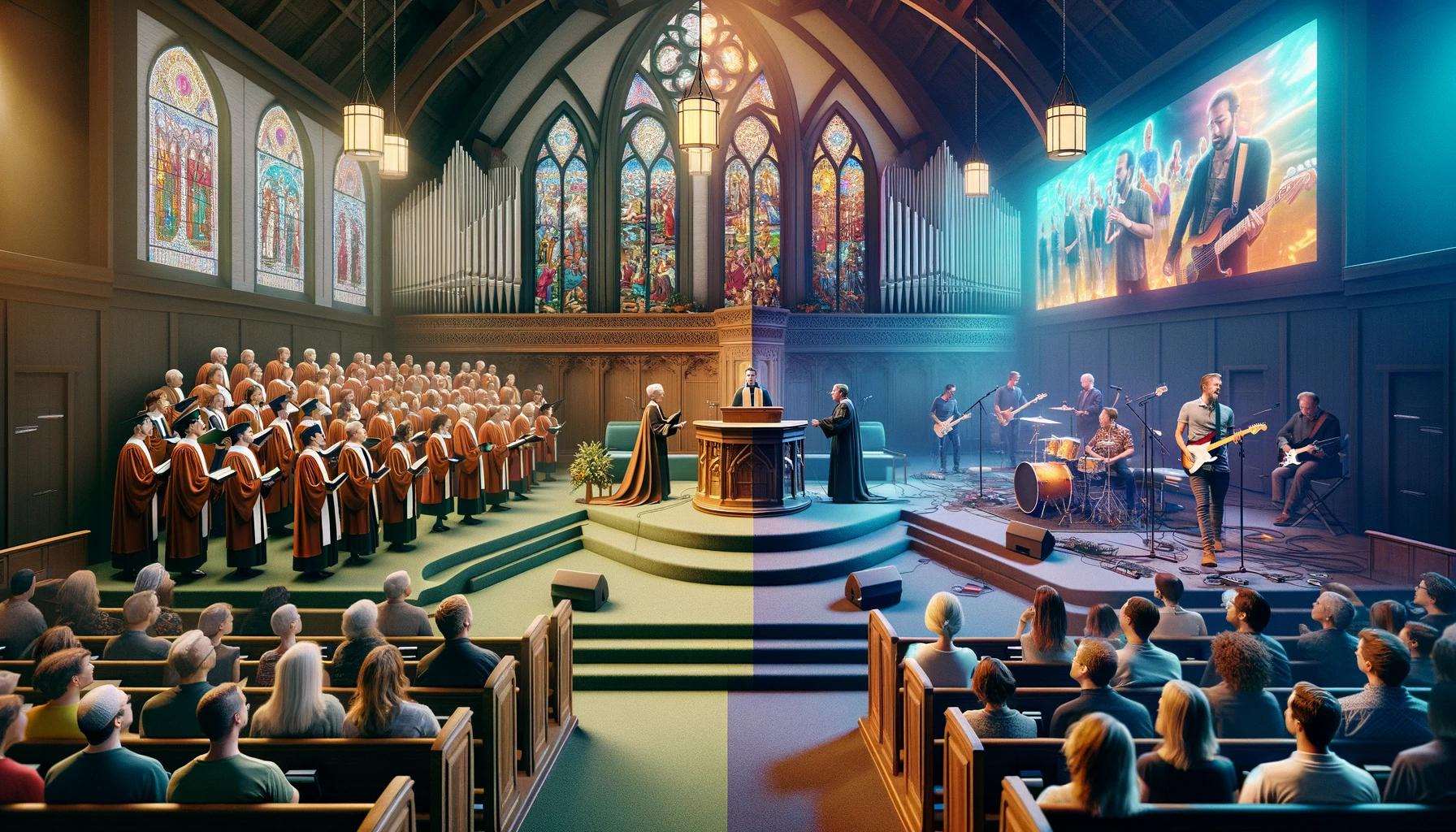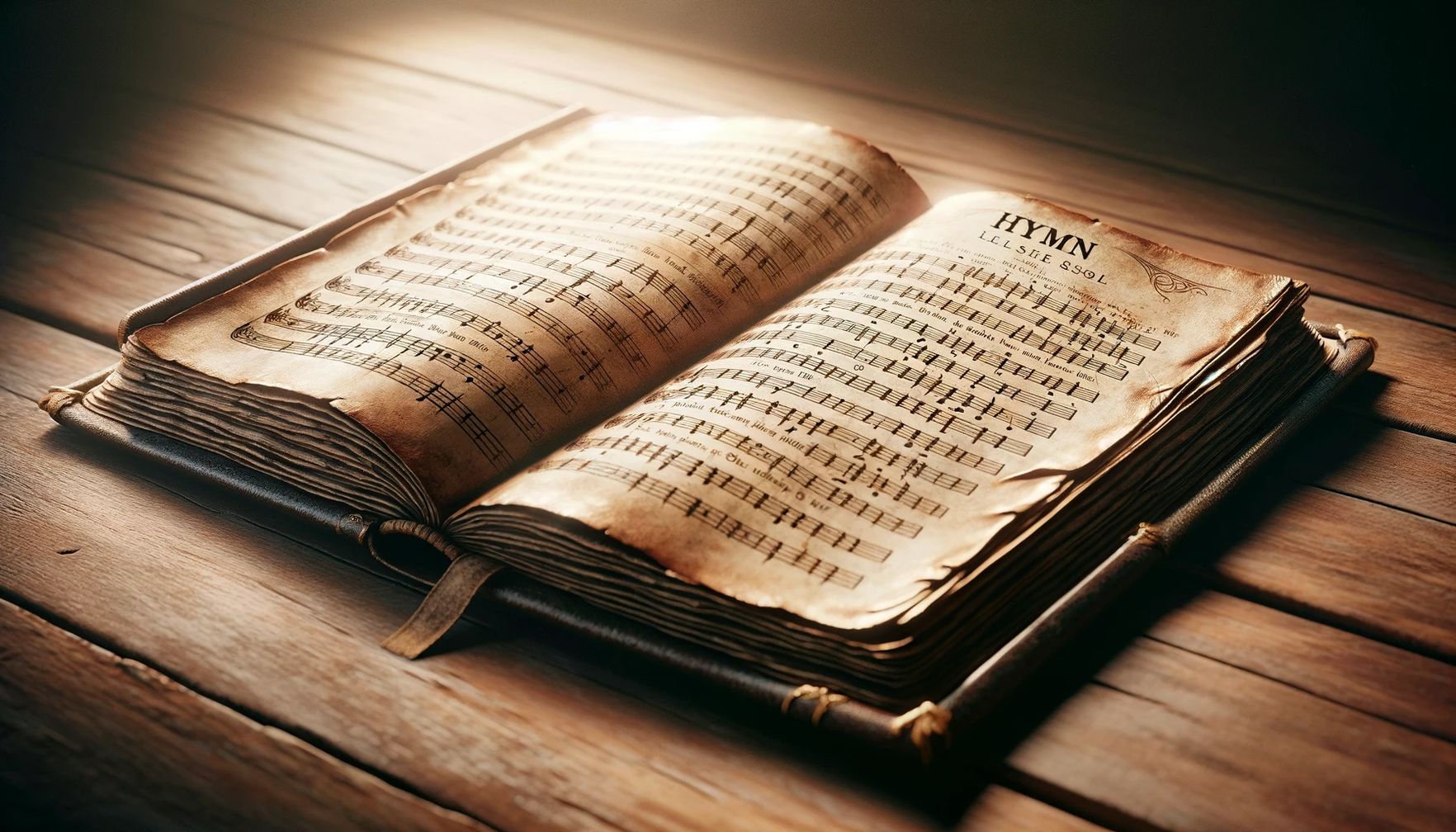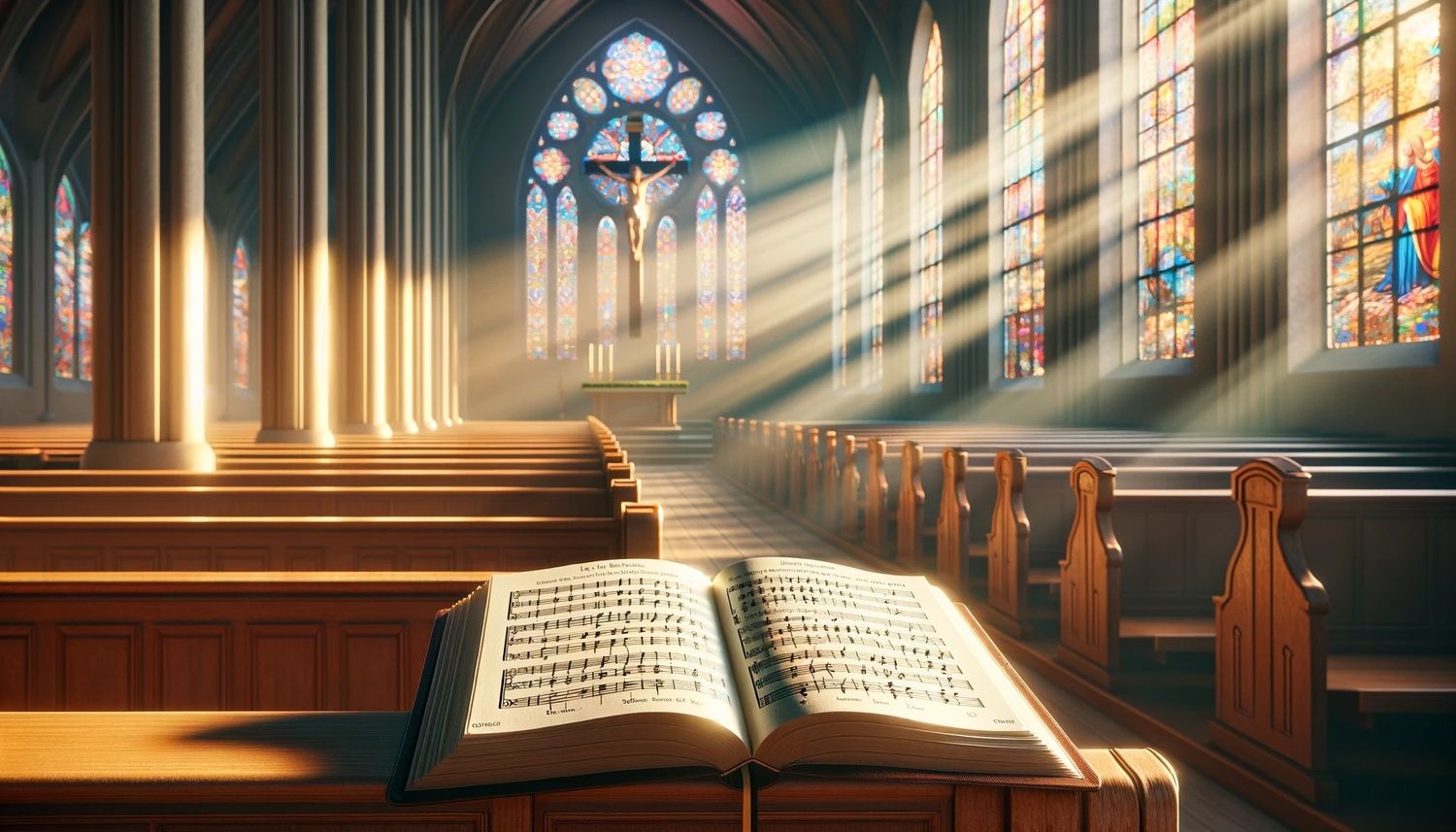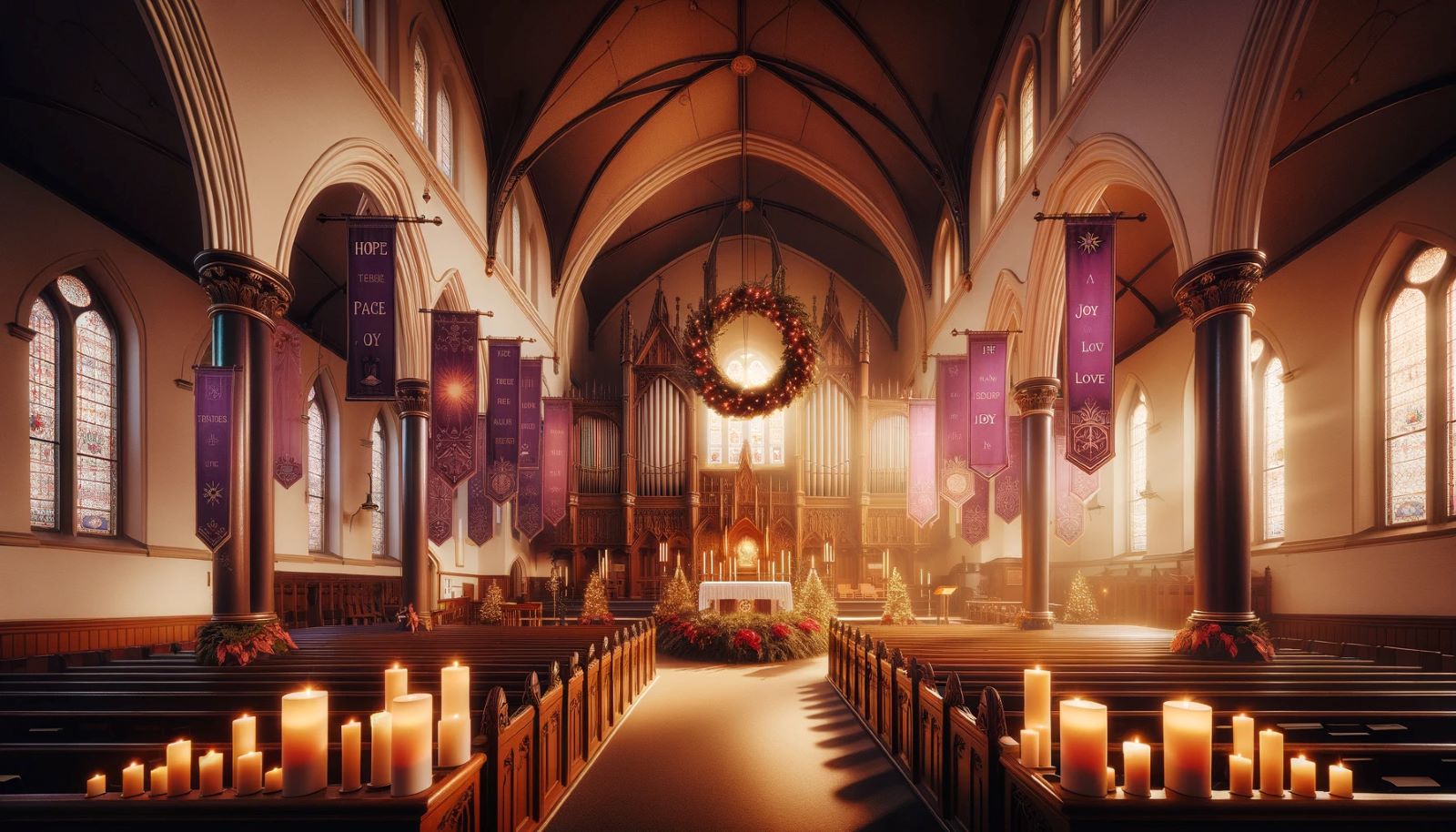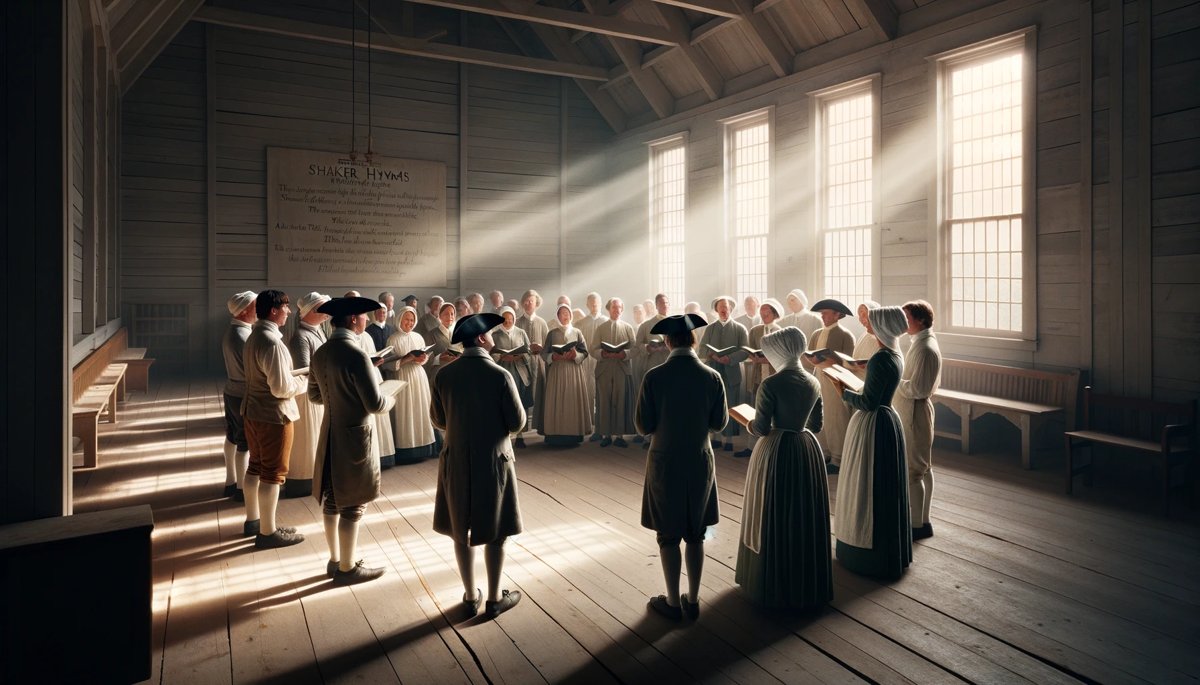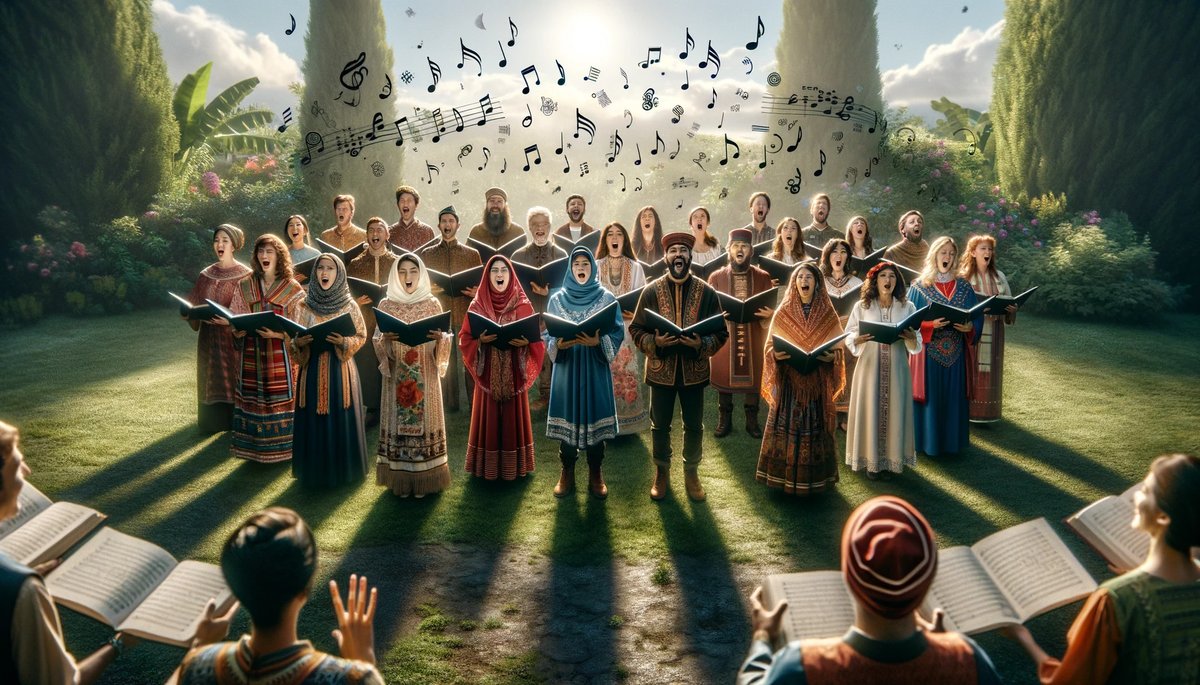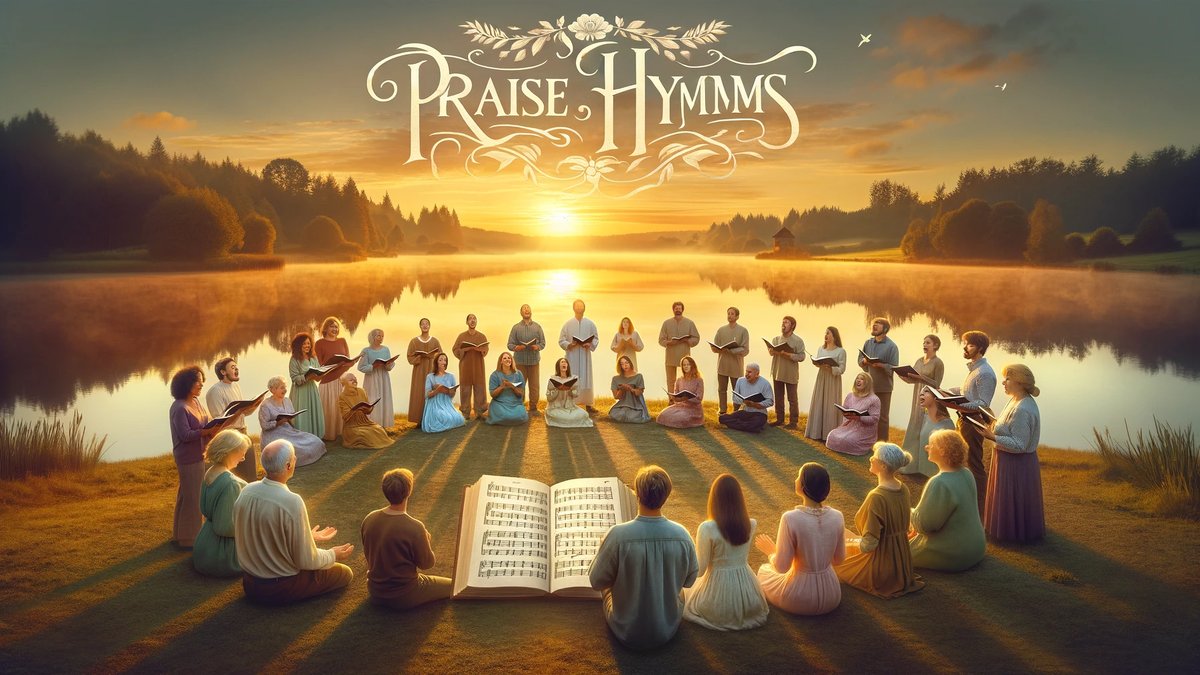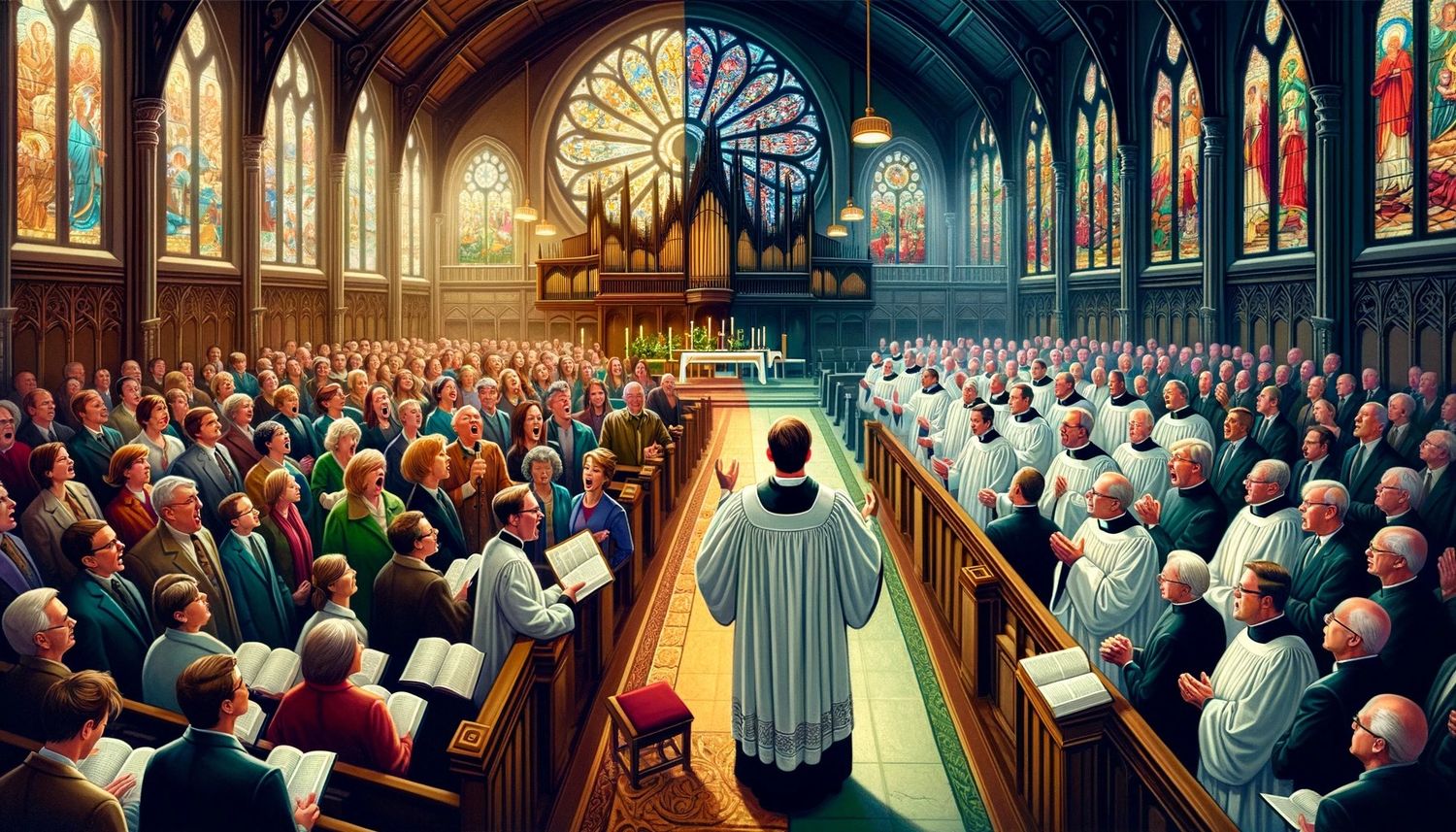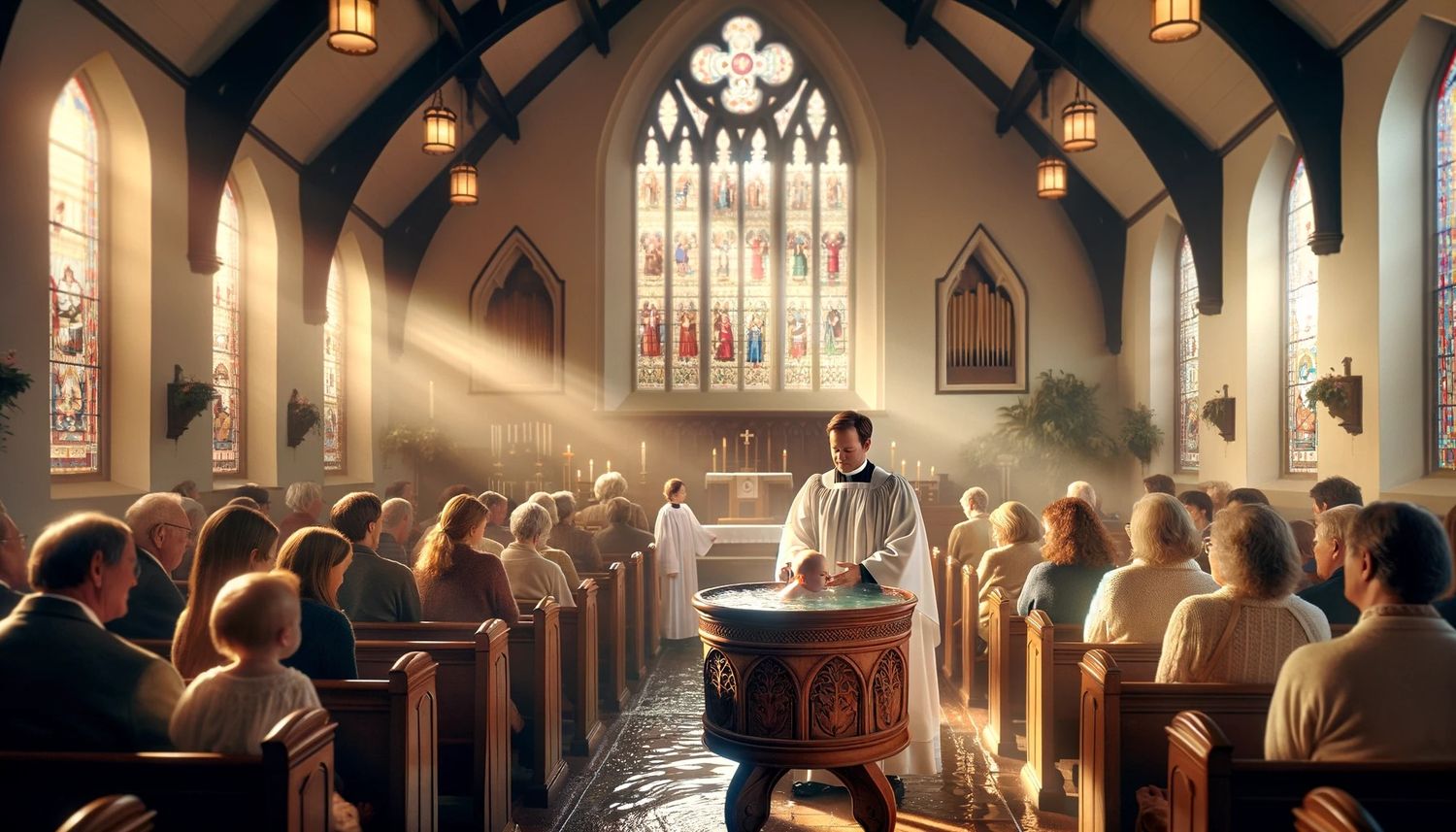Home>Arts and Culture>What Are The Most Popular Methodist Hymns
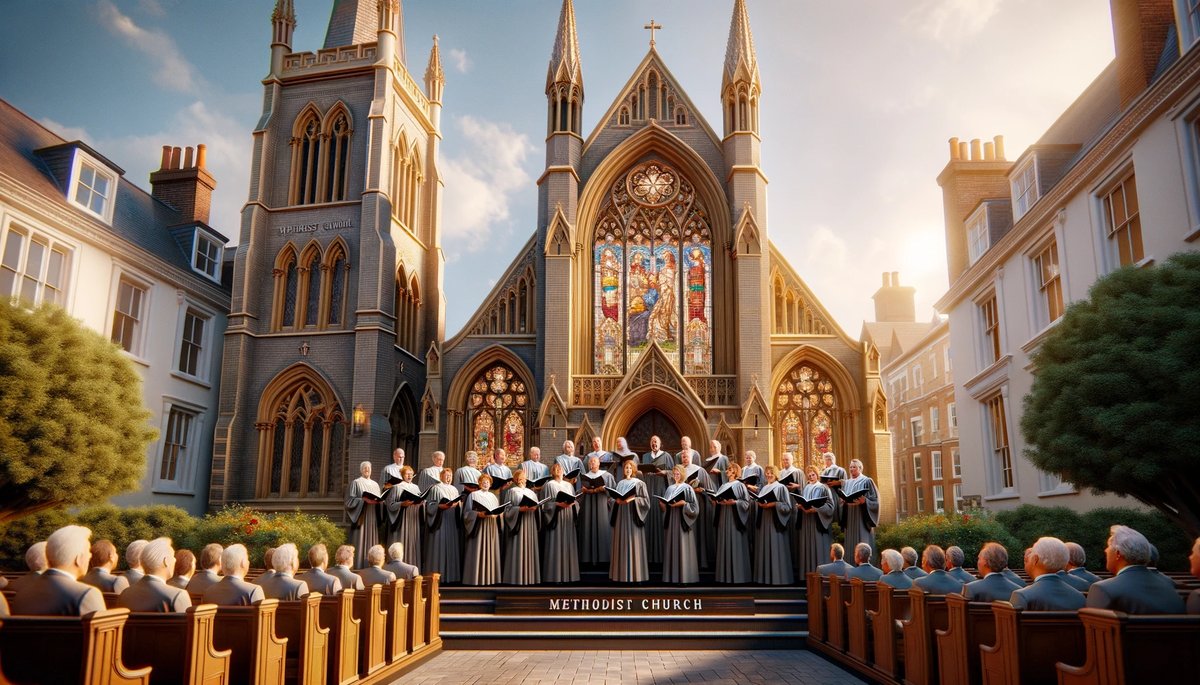

Arts and Culture
What Are The Most Popular Methodist Hymns
Published: March 7, 2024
Ericka Andersen, an editor at Christian.net, expertly merges digital strategy with content creation, focusing on faith and societal issues. Her communication skills enhance the platform's engaging narratives, fostering meaningful dialogue on belief's impact on society.
Discover the most beloved Methodist hymns that have stood the test of time. Explore the rich tradition of Methodist music and its impact on arts and culture.
(Many of the links in this article redirect to a specific reviewed product. Your purchase of these products through affiliate links helps to generate commission for Christian.net, at no extra cost. Learn more)
Table of Contents
Introduction
What Are The Most Popular Methodist Hymns? Methodist hymns have been an integral part of worship and spiritual expression within the Methodist tradition for centuries. These hymns have played a significant role in shaping the identity and beliefs of Methodist congregations around the world. In this article, we will explore the rich musical tradition of Methodism and delve into the most beloved and widely sung hymns within the Methodist community. Join us as we uncover the timeless melodies and profound lyrics that have resonated with generations of Methodist worshippers.
Read more: What Are The Most Popular Baptist Hymns?
Methodism and Its Musical Tradition
Methodism, a branch of Protestant Christianity, has a deep-rooted musical tradition that has been cherished by its followers for centuries. From its inception, Methodism has placed a strong emphasis on congregational singing as a means of expressing faith and connecting with the divine. The founder of Methodism, John Wesley, recognized the power of music in fostering spiritual growth and unity among believers. Wesley himself composed numerous hymns, and his brother Charles Wesley is credited with writing thousands of hymns that continue to be sung in Methodist churches worldwide.
The musical tradition of Methodism is characterized by its heartfelt and emotive hymnody, which reflects the personal and communal aspects of faith. Methodist hymns often convey themes of redemption, grace, and the Christian journey, resonating with the experiences and struggles of believers. The melodies are typically uplifting and easy to sing, designed to encourage active participation from the congregation. This participatory nature of Methodist music aligns with the denomination's emphasis on the priesthood of all believers, where every individual is called to engage in worship and ministry.
The Methodist musical tradition has also been influenced by various cultural and regional contexts, leading to a diverse repertoire of hymnody. Whether it is the rousing gospel hymns of the American South or the solemn melodies of British Methodist hymnody, the music reflects the unique expressions of faith within different Methodist communities. This diversity has contributed to the richness and vibrancy of Methodist music, allowing worshippers to find resonance with hymns that speak to their specific cultural and spiritual experiences.
Overall, Methodism's musical tradition stands as a testament to the power of music in shaping and nurturing the faith of its adherents. The hymns serve as a bridge between the past and the present, connecting worshippers with the enduring legacy of Methodist spirituality through song and melody. This tradition continues to thrive, inspiring new generations to embrace the timeless hymns that have been cherished by Methodist congregations for generations.
The Role of Hymns in Methodist Worship
-
Expressing Faith and Theology: Methodist hymns serve as a means of expressing the core tenets of the Christian faith and Methodist theology. Through their lyrics and melodies, hymns convey the beliefs, values, and narratives that are central to Methodist identity. They provide a vehicle for worshippers to articulate their faith and engage with theological concepts in a musical and emotive manner.
-
Fostering Spiritual Connection: Hymn singing in Methodist worship fosters a deep spiritual connection among congregants. The act of singing together creates a sense of unity and shared experience, allowing individuals to connect with one another and with the divine. The communal nature of hymnody reinforces the idea of the church as a spiritual family, bound together by a common faith.
-
Teaching and Edification: Methodist hymns serve as a form of spiritual education and edification. The rich theological content of many hymns imparts valuable lessons and biblical truths to worshippers. Through singing and reflecting on the lyrics, congregants are continually nurtured in their faith, gaining a deeper understanding of Christian doctrine and ethics.
-
Emotional Expression and Encouragement: Hymns provide an avenue for emotional expression and encouragement within Methodist worship. The melodies and lyrics evoke a range of emotions, from joy and gratitude to lament and hope. They offer comfort and inspiration to individuals facing various life circumstances, serving as a source of solace and encouragement.
-
Enhancing Corporate Worship: In Methodist worship, hymn singing enhances the corporate worship experience. It complements other elements of the worship service, such as prayers, scripture readings, and sermons, by creating a holistic and participatory environment. Hymns contribute to the overall atmosphere of reverence, celebration, and spiritual engagement during worship gatherings.
-
Preserving Tradition and Heritage: Methodist hymns play a crucial role in preserving the tradition and heritage of the denomination. Many hymns have been sung for generations, carrying with them the collective memories and experiences of Methodist communities. By continuing to sing these hymns, worshippers uphold a sense of continuity with the past and honor the legacy of Methodist faith and worship.
-
Mission and Evangelism: Hymnody in Methodism extends beyond the walls of the church, serving as a tool for mission and evangelism. The uplifting and inclusive nature of Methodist hymns can resonate with individuals outside the faith community, drawing them into the worship experience and conveying the message of God's love and grace.
In summary, the role of hymns in Methodist worship is multifaceted, encompassing aspects of theological expression, spiritual connection, education, emotional engagement, and the preservation of tradition. Hymn singing remains a vital and cherished component of Methodist worship, enriching the spiritual lives of congregants and contributing to the vibrant tapestry of Methodist faith and practice.
Analysis of the Most Popular Methodist Hymns
-
"Amazing Grace": This timeless hymn, written by John Newton, holds a special place in the hearts of Methodist worshippers. Its powerful message of redemption and God's unmerited favor resonates deeply with the Methodist emphasis on grace and personal transformation. The simple yet profound lyrics and the haunting melody have made "Amazing Grace" a staple in Methodist hymnals and a cherished anthem of faith.
-
"Blessed Assurance": Composed by Fanny Crosby, this hymn exudes a sense of confidence and assurance in God's faithfulness. Its uplifting melody and affirming lyrics speak to the Methodist belief in the security of salvation and the steadfastness of God's love. "Blessed Assurance" has become a beloved declaration of faith for Methodist congregations, inspiring hope and trust in divine providence.
-
"How Great Thou Art": Originally a Swedish poem, this hymn's English adaptation has captivated Methodist worshippers with its majestic portrayal of God's creation and sovereignty. The hymn's grandeur and reverence for the divine align with Methodist reverence for God's majesty and the wonders of creation. "How Great Thou Art" has become a stirring anthem of praise and adoration in Methodist worship settings.
-
"In Christ Alone": A modern hymn with profound theological depth, "In Christ Alone" has gained widespread popularity among Methodist congregations. Its emphasis on the atoning work of Christ and the hope found in the gospel resonates with Methodist teachings on salvation and the centrality of Jesus in the Christian faith. The hymn's contemporary yet timeless composition has made it a cherished addition to Methodist hymnody.
-
"And Can It Be": Penned by Charles Wesley, this hymn celebrates the wonder of God's love and the freedom found in Christ's redemption. Its jubilant tone and exuberant lyrics reflect the Methodist emphasis on the transformative power of grace and the joy of salvation. "And Can It Be" continues to be a beloved expression of gratitude and awe in Methodist worship services.
-
"Love Divine, All Loves Excelling": Written by Charles Wesley, this hymn is a fervent prayer for the indwelling of God's love and the transformation of believers. Its lyrical beauty and heartfelt plea for divine presence align with Methodist teachings on sanctification and the pursuit of holiness. "Love Divine, All Loves Excelling" remains a cherished invocation of God's transformative love within Methodist congregations.
-
"To God Be the Glory": This hymn, with lyrics by Fanny Crosby and music by William Howard Doane, exalts God's glory and the redemptive work of Jesus. Its triumphant melody and resounding lyrics resonate with the Methodist emphasis on proclaiming God's praise and the victory of Christ. "To God Be the Glory" has become a jubilant anthem of worship and adoration in Methodist hymnals.
In analyzing the most popular Methodist hymns, it is evident that these timeless melodies and profound lyrics have deeply impacted the spiritual lives of Methodist worshippers. Each hymn encapsulates the core beliefs, experiences, and aspirations of the Methodist tradition, serving as a source of inspiration, comfort, and communal worship for generations of believers.
Conclusion
In conclusion, Methodist hymns hold a revered place within the tradition, embodying the theological richness, emotional depth, and communal spirit of Methodism. These hymns have transcended time and continue to resonate with worshippers, offering a means of expressing faith, fostering spiritual connection, and preserving the heritage of the denomination. The most popular Methodist hymns, such as "Amazing Grace," "Blessed Assurance," and "How Great Thou Art," encapsulate the essence of Methodist spirituality and continue to inspire and uplift congregations around the world. As Methodism evolves and embraces new forms of worship and musical expression, the enduring legacy of its hymnody remains a cornerstone of its identity and a testament to the enduring power of music in shaping and nurturing the faith of believers.
